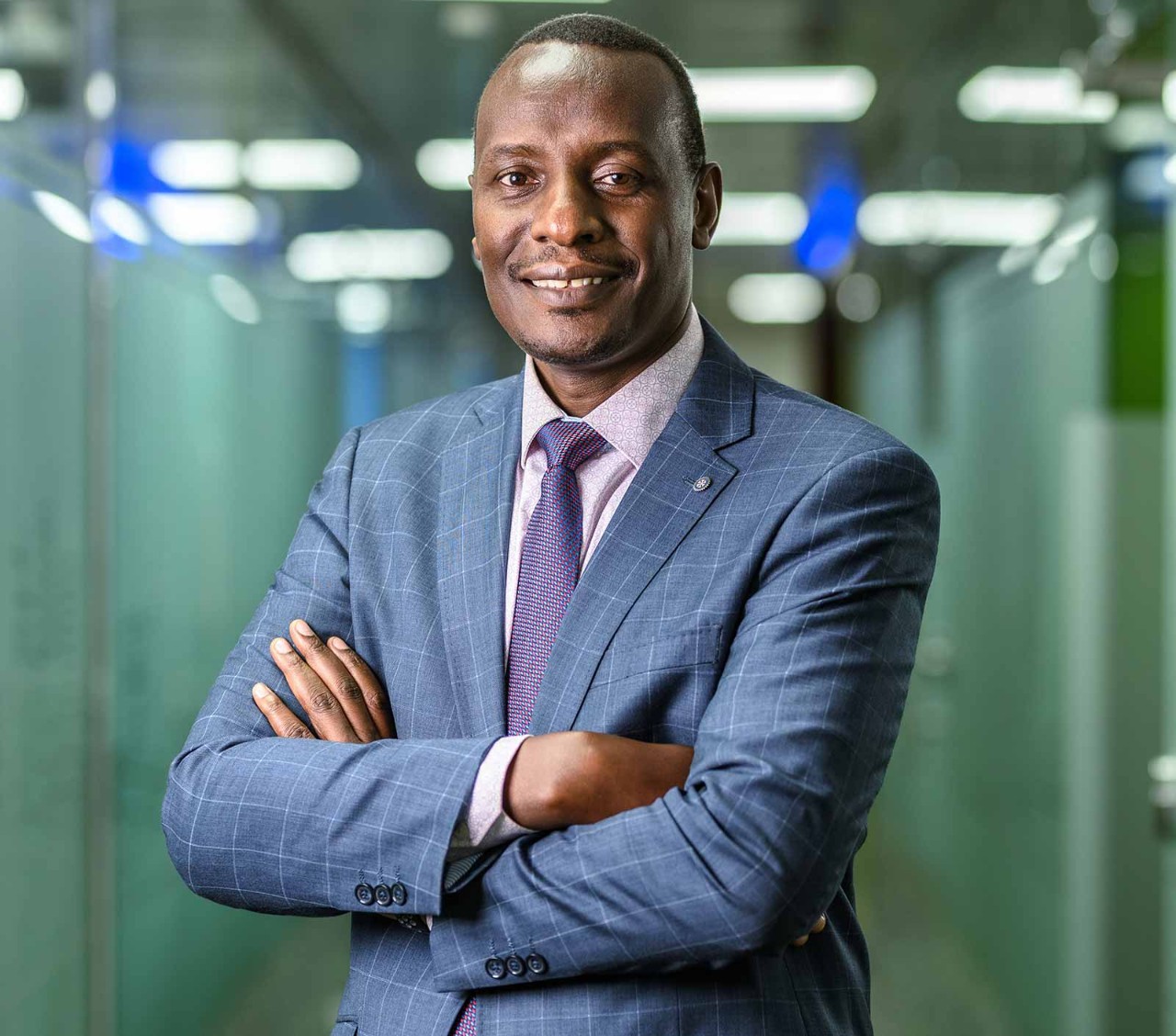
Despite having made progress recently, African countries face serious fiscal difficulties now and in the years ahead. Overall spending on infrastructure has risen but so has public debt, and the Organisation for Economic Co-operation and Development (OECD) has warned that public revenue per person is trending downwards.
African governments must therefore find a way both to collect more tax and improve the efficiency of public spending. And they must do so in the face of stiff headwinds, including repercussions from the Covid-19 pandemic, rising inflation and grain shortages resulting from the war in Ukraine.
Many of the continent’s governments do not know how many people should be paying tax
Various initiatives have been launched to improve economic governance, enhance revenue transparency, eliminate leakage, tackle corruption and improve the use of limited resources. Accountants working in the public sector sit at the heart of these reforms – for two reasons. First, their technical work enables the better implementation and tracking of fiscal reforms. And second, their absolute commitment to ethics and integrity helps to combat the fear that corruption is endemic in the public sector.
At the ACCA Africa Virtual Public Sector Roundtable (see boxout), leading accounting professionals in the region shared their thoughts on the challenges and opportunities of enabling value creation through fiscal reforms. Participants highlighted the key areas for improvement over the coming years.
Tax
‘Taxation plays a vital role in our lives,’ said Mario Hannelas FCCA, technical adviser to the Mauritius Revenue Authority. Roundtable participants agreed that raising revenue may be the single most important change that African governments can make. It is undoubtedly a major change, since the context of tax collection in most African nations is difficult.
Typically, tax as a share of GDP is low in African countries. Many of the continent’s governments do not know how many people should be paying tax and lack systems to track or enforce widespread revenue collection. But Hannelas described successful reforms in Mauritius that have significantly increased the government’s tax take, illustrating that quick wins can be achieved without reinventing the wheel.
Proper payment of civil servants in charge of reforms and proper punishment of corruption are key levers for improving revenue mobilisation
‘We had three objectives with our tax reforms,’ Hannelas said. ‘First, make the code simple, rule-based, fair, easy to comply with, and hard to avoid. Second, make personal income tax more progressive. And third, aim to become a low-tax jurisdiction to encourage investment.’
These objectives, said Hannelas, were supported by administrative reforms including merging departments, encouraging e-filing of taxes, and using analytics to drive audit case selection. ‘Policy reform must be supported by administrative reform,’ he said, ‘and those revenues need to be spent efficiently and effectively, for which you need strong and transparent financial institutions.’
Pay and punishment
For Juliana Ngoumbah, state inspector at Cameroon’s State Audit Institution, accountants play a key role in delivering reforms. She gave a stark warning about failures of responsibility. ‘The public auditor ensures that reforms are enacted, and in quite a few countries in Africa the civil service is bigger and more powerful than the private sector, and it is commonly paid poorly.’
This, she said, can create perverse incentives in the system for corruption, which ultimately leads to a higher cost of borrowing and can even bring civil unrest. Proper payment of civil servants in charge of enacting reforms, and proper punishment of those involved in corruption are two key levers for improving revenue raising and mobilisation.
Gary Bandy, an independent public financial management expert, agreed. He noted that, especially in the context of foreign aid, better accountability and reporting could bring the necessary enhancements to public finance management that contributors to Africa development funds are looking for.
Training and technology
The implementation of International Public Sector Accounting Standards (IPSAS) across African nations is a key part of improving management of public resources. But for progress to be more than just patchy, more accountants need to be trained.
‘IPSAS has been something of an albatross around the neck of Africans,’ said John Kojo Addison, deputy auditor general in charge of commercial audits in Ghana. He said that Ghana’s goal of training 5,000 accountants had been delayed by the pandemic, but added that a quick pivot from in-person to online training had allowed progress to resume.
Using technology in this way will be a key differentiator in improving public financial management. African nations have the opportunity to leapfrog some of the more cumbersome systems in developed countries and head straight for more technologically advanced solutions that increase transparency and direct effort more efficiently.
There is, says ACCA chief executive Helen Brand, a strong desire to strengthen the public sector across Africa. And there are a number of levers that governments can pull to increase the tax take, improve transparency, exploit technologies and eradicate revenue leakage and corruption. Accountants will be central to enacting change and key to the continent’s ability to grasp opportunity and deliver value for its many citizens.
More information
Watch out for ACCA’s upcoming report The state of the profession in Africa, due out in May
See also the AB article 'Accountability champion'
Find resources for members working in the public sector
ACCA conference
The inaugural ACCA Africa Virtual Public Sector Roundtable attracted more than 4,000 attendees from 31 African countries and elsewhere.
The first keynote address was by Rodney Ndamba FCCA, chief executive for the Institute of Sustainability Africa, who highlighted that Africa is lagging on sustainability standards.
The second keynote address came from Ahmed Idris, Nigeria’s accountant general and president of the Chartered Institute of Treasury Management, who called for local capacities and capabilities to be developed to ensure local resource bases exist to drive reforms in financial stability.



